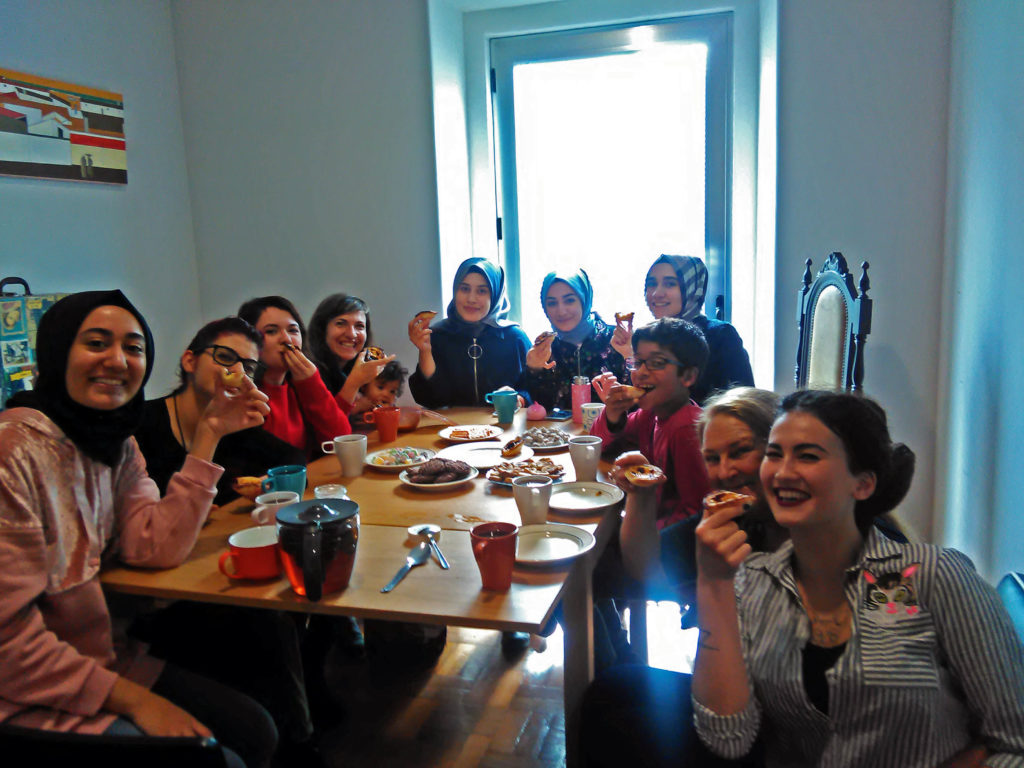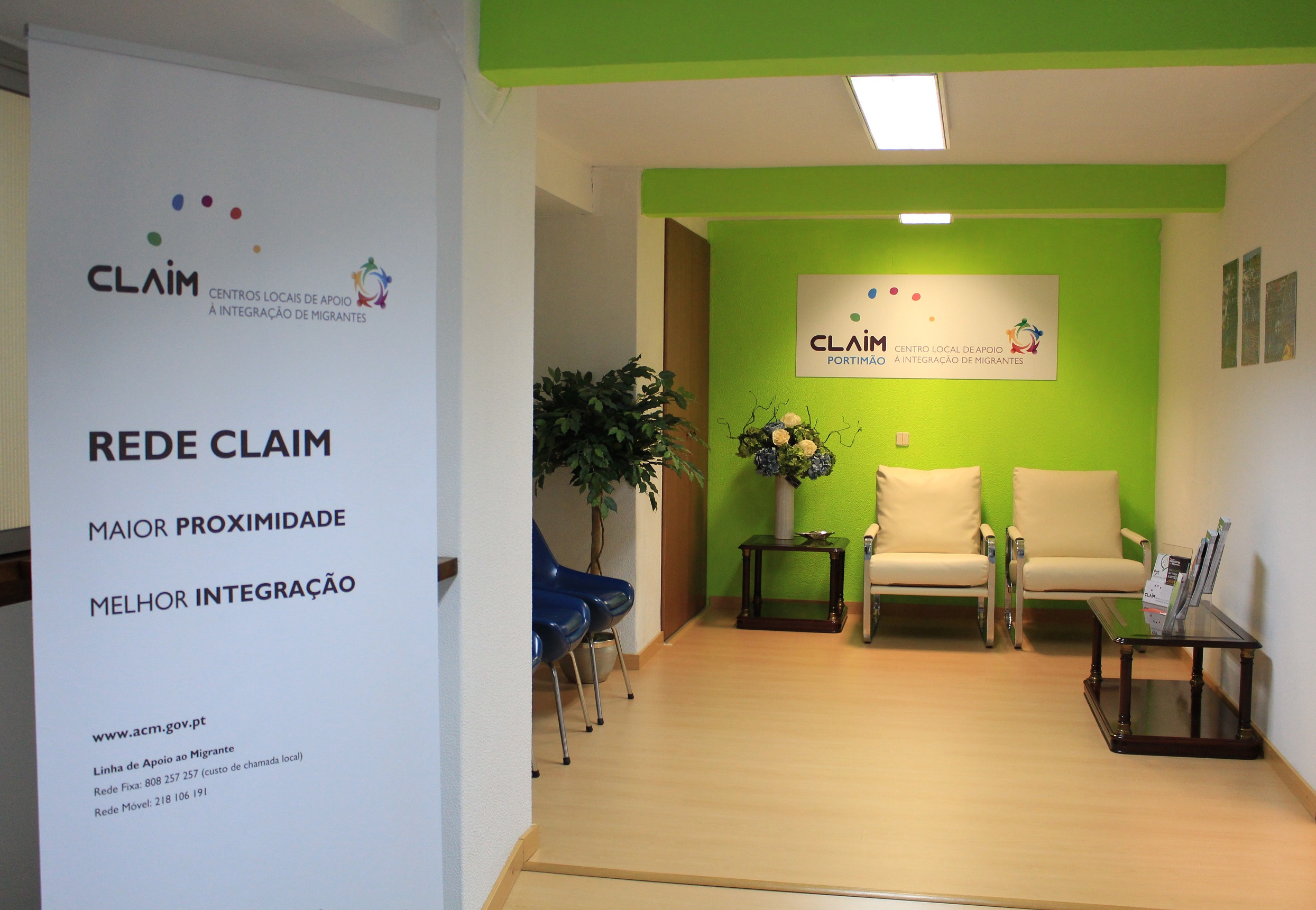Seven residence permits will be delivered, this Wednesday, 29th of May, at 16 pm, by Isabel Oneto, Deputy Secretary of State and Internal Administration, to immigrant children and young people from Portimão.
The ceremony takes place in the Main Hall of Paços do Concelho, within the scope of the “SEF goes to School” project, as these are young people who attend the Bemposta School Group and the Júdice Fialho School Group.
Portimão is the first municipality in the Algarve to have residence permits issued under the “SEF goes to School” which is part of the Local Security Contract, and is an intervention program for the regularization of documents for foreign minors in an irregular situation who attend the official school in Portugal, counting for this purpose with the joint action of the SEF, namely the Portimão delegation, General Directorate of School Establishments - DGEST, the Municipality School Groupings and the Portimão Municipality through CLAIM.
The ceremony for handing over the residence permits is the culmination of a process that began in February and March, when, at the request of the SEF, the DGEST began by carrying out a survey of cases of children and young people who, despite being inserted in the school context in several groups of schools in the municipality, they did not have up-to-date documentation, nor did they have a residence permit or renewal permit, or even certificates or residence cards from the European Union.
According to information sent by the DGEST to the SEF, in February and March there were 290 foreign student records in Portimão, with 111 of these cases corresponding to minors who were irregular.
In a first phase, the Bemposta Schools Group and the Júdice Fialho Schools Group were chosen for a joint effort between SEF and CLAIM in Portimão, to provide initial assistance/survey and the status of each of the 40 cases verified in these Groups.
In this sense, in May, the guardians of these children were summoned by the schools, and clarified about the necessary steps for the respective legalization process, and the appropriate referral was made to SEF Portimão, CLAIM Portimão and Balcão Único Municipal for subsequent assistance to all the situations indicated both for those responsible for education and for children and young people.
By the end of September of this year, when the Local Security Contract for Portimão is to be completed, it is intended that all situations verified with children and young people in the school context can be regularized.
CLAIM – Local Support Center for the Integration of Migrants in Portimão has a fundamental role in supporting the entire process of welcoming and integrating migrants, articulating with the various local structures and promoting interculturality at a local level.
Since its inauguration on April 20, 2016, CLAIM in Portimão has already tripled the number of services, registering a growing demand from the immigrant community, especially from Brazil, India, Algeria, Guinea-Bissau, Guinea-Conackri and Venezuela.
In the first quarter of 2019, 1082 technical services were provided to migrants. Most assistance is related to legalization issues, namely through articles 88 and 89 (residence through employment contract and provision of services), article 123 (regularization for humanitarian reasons), family reunification, nationality, education and health.
Its action actively contributes to the social, educational and professional integration of migrants, not only through all the care it provides to refugees, mentoring, referral and monitoring of migrants in the labor market, personalized monitoring in services at the Employment Institute and Professional Training, such as the promotion of a set of intercultural activities with a view to promoting the sharing of experiences and coexistence between the various migrant communities, stimulating dialogue between different cultures and sensitizing all citizens to the importance of building a more fair, egalitarian and intercultural.




















Comments